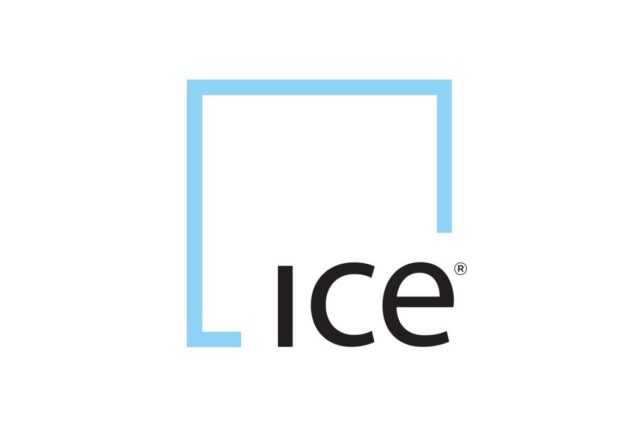MILAN – Coffee futures prices closed mixed on Wednesday. Ice Robusta posted new gains on the closest contracts, while Ice Arabica edged lower. In London the contract for July delivery gained $57 to close at $4.177, consolidating the previous day’s gains. Robusta coffee futures prices continued to be supported by lower-than-expected yields in the Brazilian new crop and a negative harvest outlook in Vietnam.
In New York, the main contract for July delivery lost 150 points to settle at 229.45 cents, after reaching a 5-week intraday high of 236.25 cents.
In Vietnam, the agriculture minister confirmed that the 2023/24 coffee crop is 20% down from the previous year to 1.47 million tonnes or 24.5 million bags, the lowest level in four years.
Forecasts for the next harvest, which begins in the autumn, are also negative. Volcafe expects production to fall further to just 24 million bags, the lowest in 13 years.
Due to the impact of weather and climate change, the dry season comes earlier than usual in Vietnam. Long periods of hot and dry weather are causing water levels at dams to drop rapidly, reducing water reserves for agriculture, report local media.
Meanwhile, the negative outlook is leading to a recovery in farm gate prices, which have risen to VNĐ114,500 VNĐ116,000/kg in the Central Highlands. The high prices may encourage producers to restore coffee growing area and expand acreage.
According to Vietnam’s Ministry of Agriculture and Rural Development (MARD), Vietnam exported 756,000 tonnes of coffee worth US$2.57 billion in the first four months of calendar year 2024, an increase of 5.4% in volume and 57.9% in value compared to the same period last year.
Dry weather continues to benefit the coffee harvest in Brazil, which is gaining pace, especially for canephora (Robusta/conillon), reports Safras & Merado.
According to weekly monitoring by SAFRAS, through May 21, 15% of the 24/25 crop had already been reaped. This percentage exceeds the same period last year, which was 12%, and is in line with the 5-year average for the period of the year.
The conillon crop reaches 22% of production, with Rondônia standing out with 33% of its production already reaped.
There is an initial perception, especially in Espírito Santo, that yields are below expectations, which could lead to a downward revision in crop estimates, observed S&M.
The Arabica harvest is 11% complete. Last year, at this same time, 7% of production had been reaped. Current progress also exceeds the five-year average of 10%.
The expectation for Arabica is a larger crop than last year, although the smaller beans observed in the first processed batches are quite worrying, concludes S&M.


















